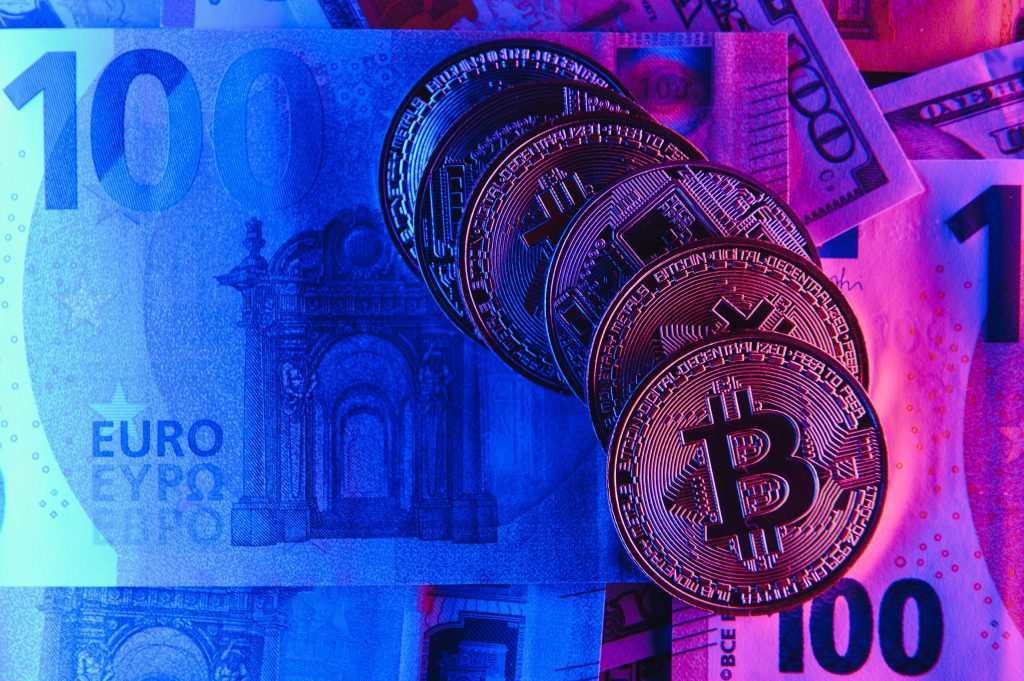Deutsche Bank, the largest financial institution in Germany, announced it will process the deposits and withdrawals for Austrian cryptocurrency broker Bitpanda. The bank will assign Bitpanda customers with international bank account numbers, and Deutsche will process all of the broker’s fiat transfers in real time.
The partnership is an important step in banks’ tenuous adoption of crypto. Deutsche Bank’s leaders said they were cautious about making the move, but Bitpanda’s platform met all the bank’s stringent compliance requirements. Under the new agreement, all crypto transfers will occur on Bitpanda’s platform.
“For some time, banks of all sizes across Europe have been exploring their options with crypto service providers and looking for ways to get their feet wet in the industry,” said Joel Hugentobler, Cryptocurrency Analyst at Javelin Strategy & Research. “Most of the businesses these banks serve have been holding crypto on their balance sheet for years.”
Regulatory Clashes
Though there have been major strides toward mainstream crypto adoption, the industry has also locked horns with regulators lately. The U.S. Securities and Exchange Commission has brought recent actions against most of the major crypto players, including Coinbase and Robinhood. The SEC has long alleged that digital assets are securities and that crypto platforms are unregistered securities exchanges.
Although Bitpanda is a crypto broker, not an exchange, it’s a big win for the platform that Deutsche Bank entered the partnership in the current regulatory environment. The bank’s established systems and reconciliation processes will greatly facilitate transactions for the crypto broker’s 4 million users.
A New Framework
Widespread bank endorsement has long been considered a critical step for crypto adoption, but the risks to financial institutions have outweighed the benefits. That changed after the passage of the Markets in Crypto-Assets regulation in 2023. The new laws governing digital assets were the first of their kind, and they are expected to take effect this year.
“All this has emerged from the MiCA regulation, which has clearly provided a solid regulatory framework and therefore spurred acceptance of crypto across Europe,” Hugentobler said. “This industry has largely been untapped by banks and institutions, so it’s no surprise they’re trying to get involved now and get their share of revenue and fees.“
